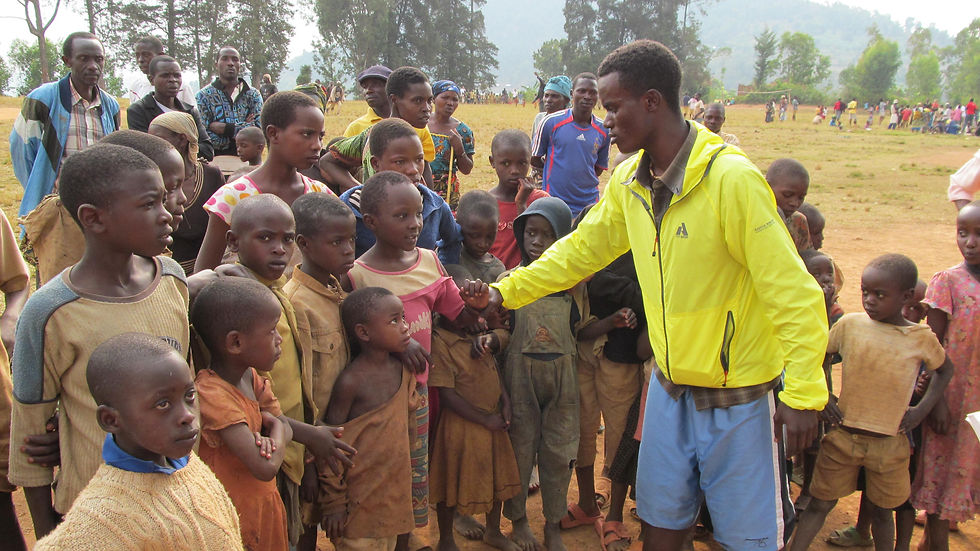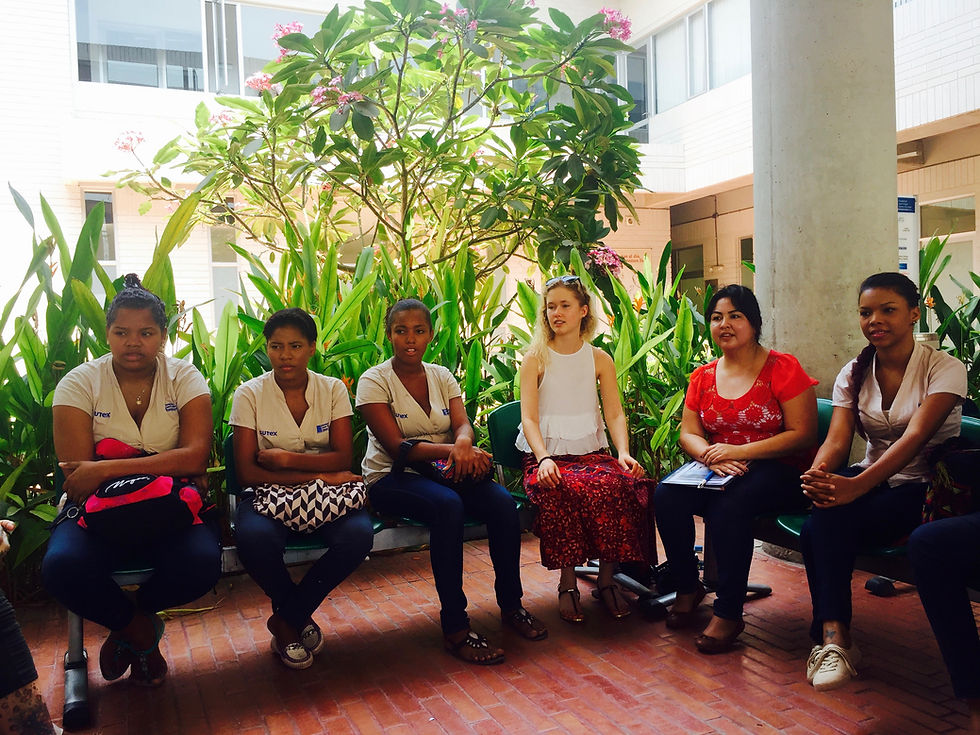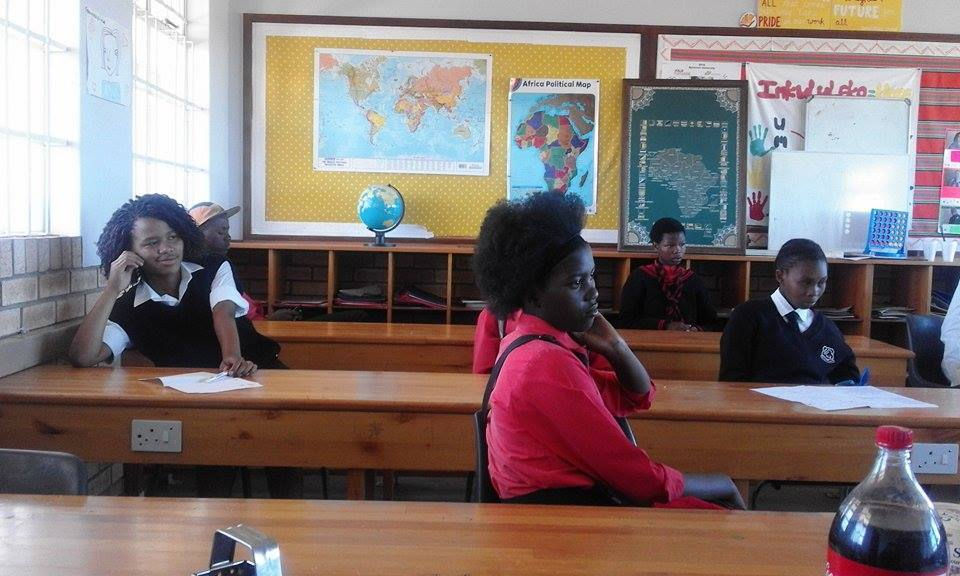UNITED STATES
S e a t t l e , W a s h i n g t o n
High school enrichment
7.16.18-7.27.18
APPLICATION DEADLINE:
Early admission: April 30, 2018
Final decision: June 1, 2018
PROGRAM OVERVIEW
GYC is pleased to re-introduce our High School Human Rights Enrichment Program:
Our USA-based program will bring young leaders from Seattle, Washington and across the country together for an intensive two-week delegation to explore the importance of human rights education and advocacy within the context of the United States.
GYC Seattle will educate and inform students of different backgrounds about various social inequities within Washington state, such as: homelessness and issues of displacement, increased detention and deportation of immigrant populations, as well as racial and religious intolerance, and how these issues impact the lives of politically vulnerable populations daily.
More specifically, the 12-day program will examine the increasing xenophobia within the current political atmosphere of the United States and incidents of hate that have been on the rise since the 2016 election.
DATES: 7.16.18-7.27.18
AGES: 13-17
PROGRAM FEE: $2,300
includes accommodation at Seattle University, 11 breakfasts and lunches, delegation materials, guest lecturers, some dinners, transport within Seattle, tips.
Excludes airfare.
PROGRAM DIRECTOR:
Nicole Harvey | LinkedIn
HISTORY AND CONTEXT
Despite being both socially progressive and politically liberal, the City of Seattle and Washington State, are not exempt from injustice and discrimination. In fact, a 2016 study shows that hate crimes have been increasing in Washington State over the past three years, and more recent articles indicate a spat in hatred following the U.S. elections.
An article published in June 2016 by The Seattle Times detailed a study that found people of color (POC) and members of the LGBT community are twice as likely to be targets of hate crimes in the Seattle area, stating “both black and LGBT people were more than twice as likely to be victims of a hate crime or incident in Seattle as any other group — and at least 50 times more likely to be targeted than whites.”
In the last year alone, 72 hate crimes and incidents against LGBT people were reported to the Seattle Police Department (SPD) – more than twice the number as the year before. Keeping in mind that many crimes go unreported, the problem is staggering.
However, issues of discrimination also disproportionately impact foreign nationals and ethnic minorities. In particular, an article published by The Stranger in June 2017 found that incidents of hate – particularly for people who practice Islam – has risen, and many are pointing to the rhetoric around the U.S. election as adding fuel to a problem. For example, a University of Washington student was assaulted with a glass bottle in late November 2016 and the Council on American Islamic Relations (CAIR) stated: “the crime fits into a recent spate of reports of harassment against Muslims nationwide.” With more than 250 complaints of anti-Muslim incidents reported in 2016 to the CAIR Seattle office, the article notes that “even in liberal Seattle and Washington State Islamophobia is on the rise.”
OUTCOMES
Accepted participants will spend 12-days examining the reality of racial, ethnic, and gender inequality as it relates to human rights and human rights abuses within the United States. To this end, participants will engage with like-minded students and community leaders through guest lectures, site visits, service learning projects, and volunteer placements. This program is structured to allow people to not only share their experiences of being marginalized, but also galvanize young people to actively resist oppression.
GYC Seattle will:
-
Educate students about the basic ideas and concepts of human rights; and the importance of human rights education and advocacy in promoting social justice.
-
Deconstruct notions of race, class, and gender within the U.S. through meaningful dialogue, critical analysis, and self-reflection.
-
Provide a safe space for students to engage in mutually beneficial exchange and share their experiences dealing with and combatting discrimination.
-
Move beyond the typical “classroom experience” and get students involved through various service learning projects and volunteer placements.
-
Equip students with the tools necessary to promote human rights in their respective spheres of influence and act as positive agents for change in their local communities.
NOTE: While all students are, welcome and encouraged to apply, GYC is unable to provide temporary sponsorship for international delegates. For more information, please contact program director, Nicole Harvey at usa@globalyouthconnect.org.



